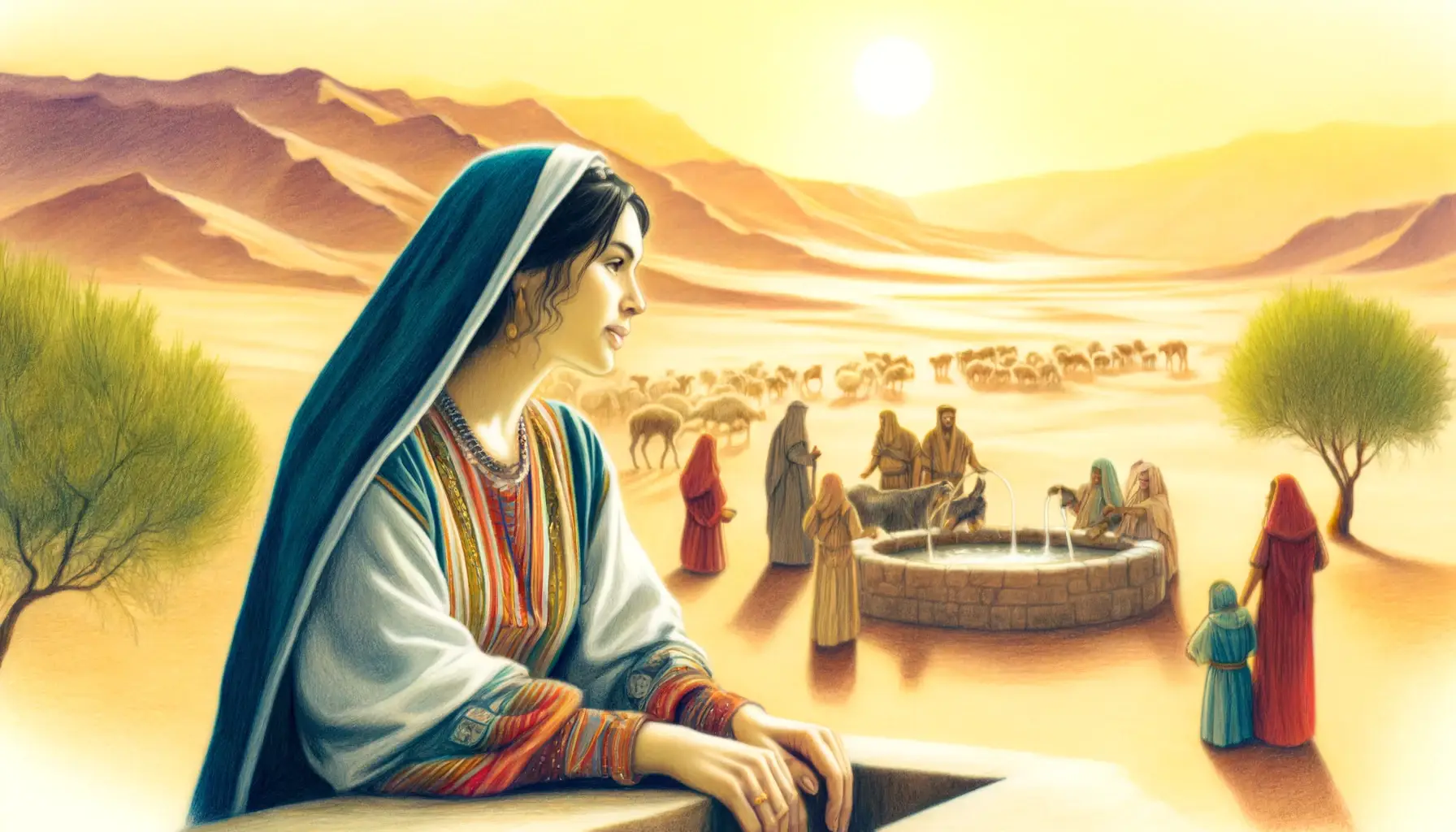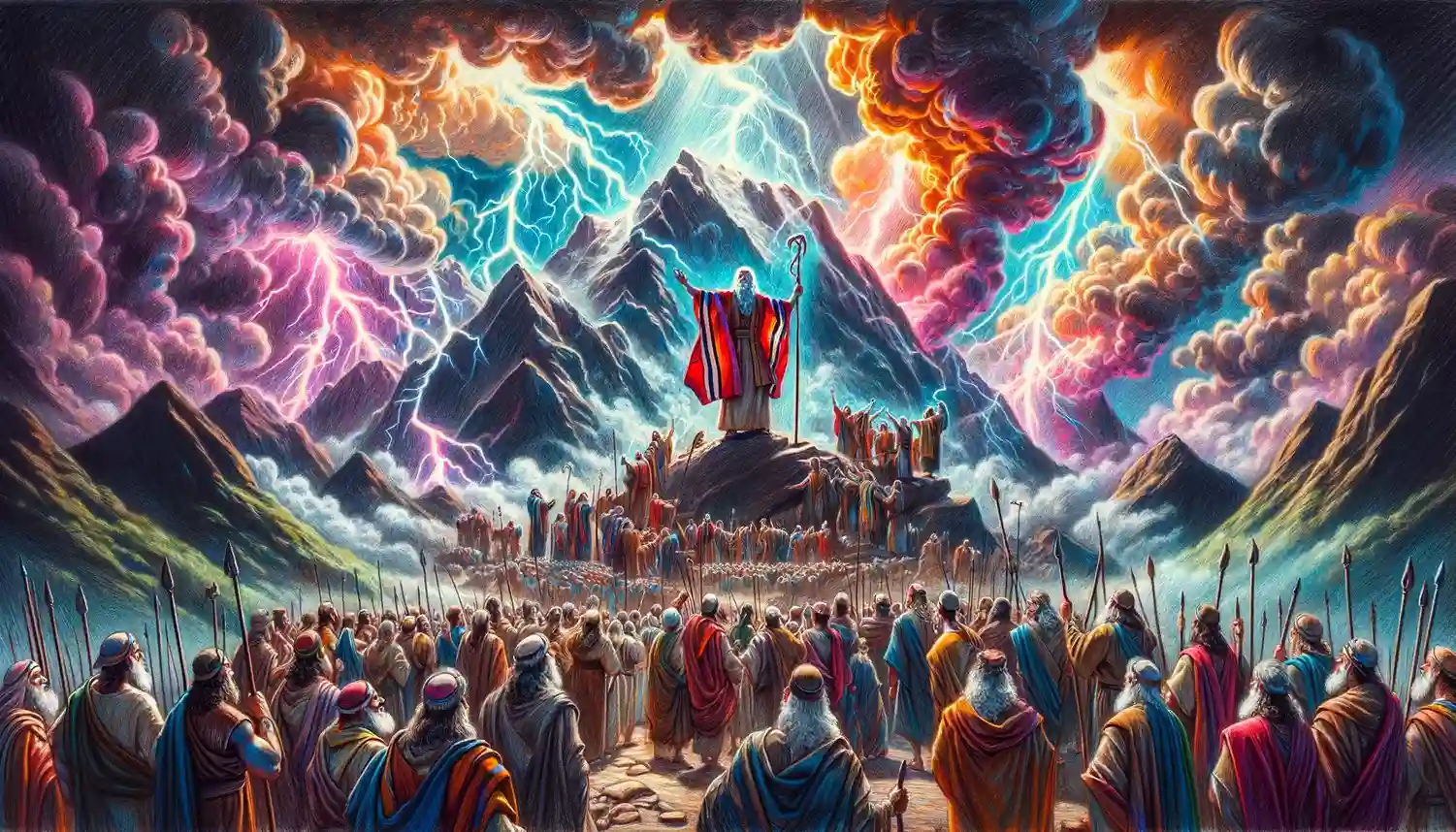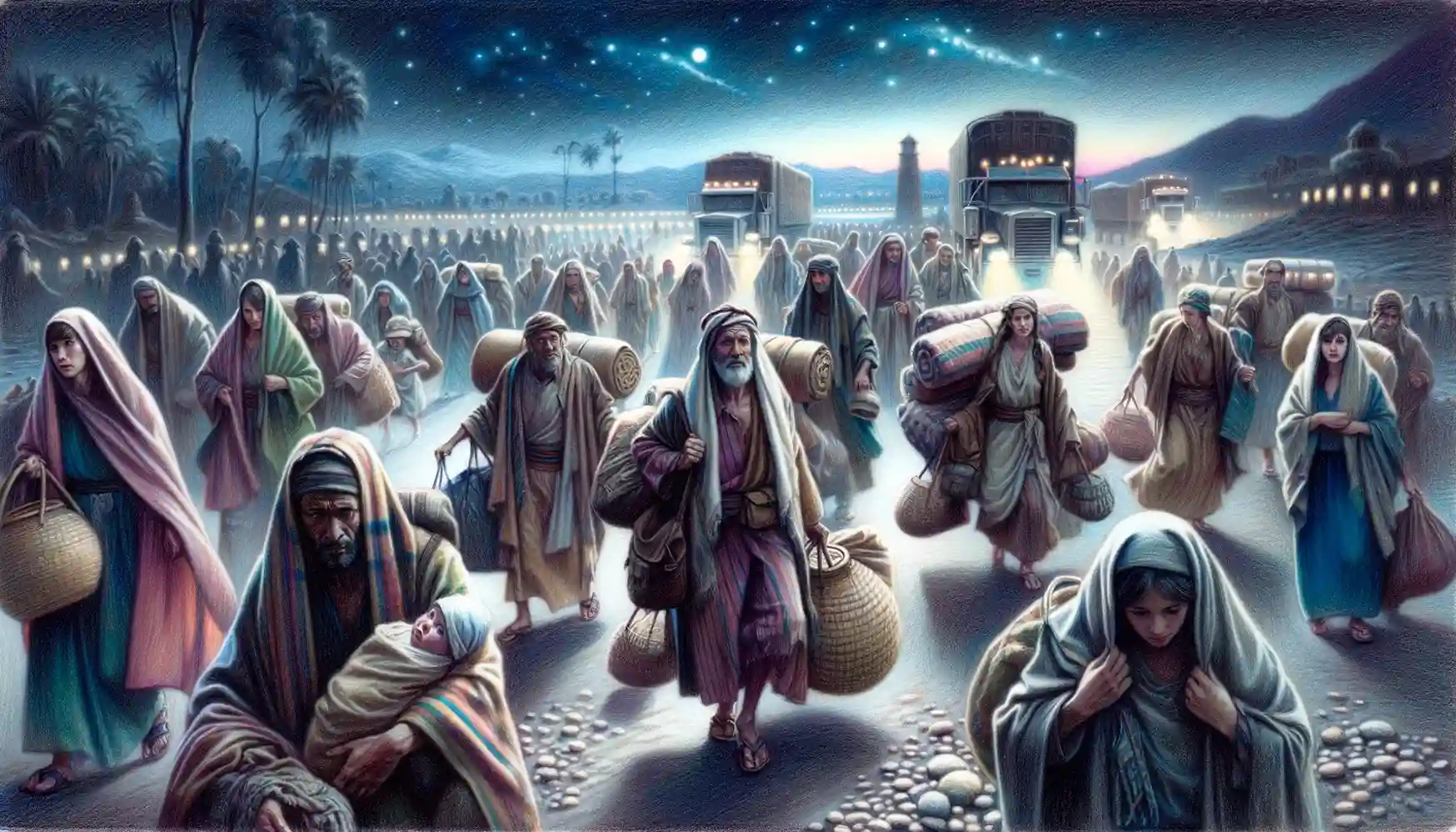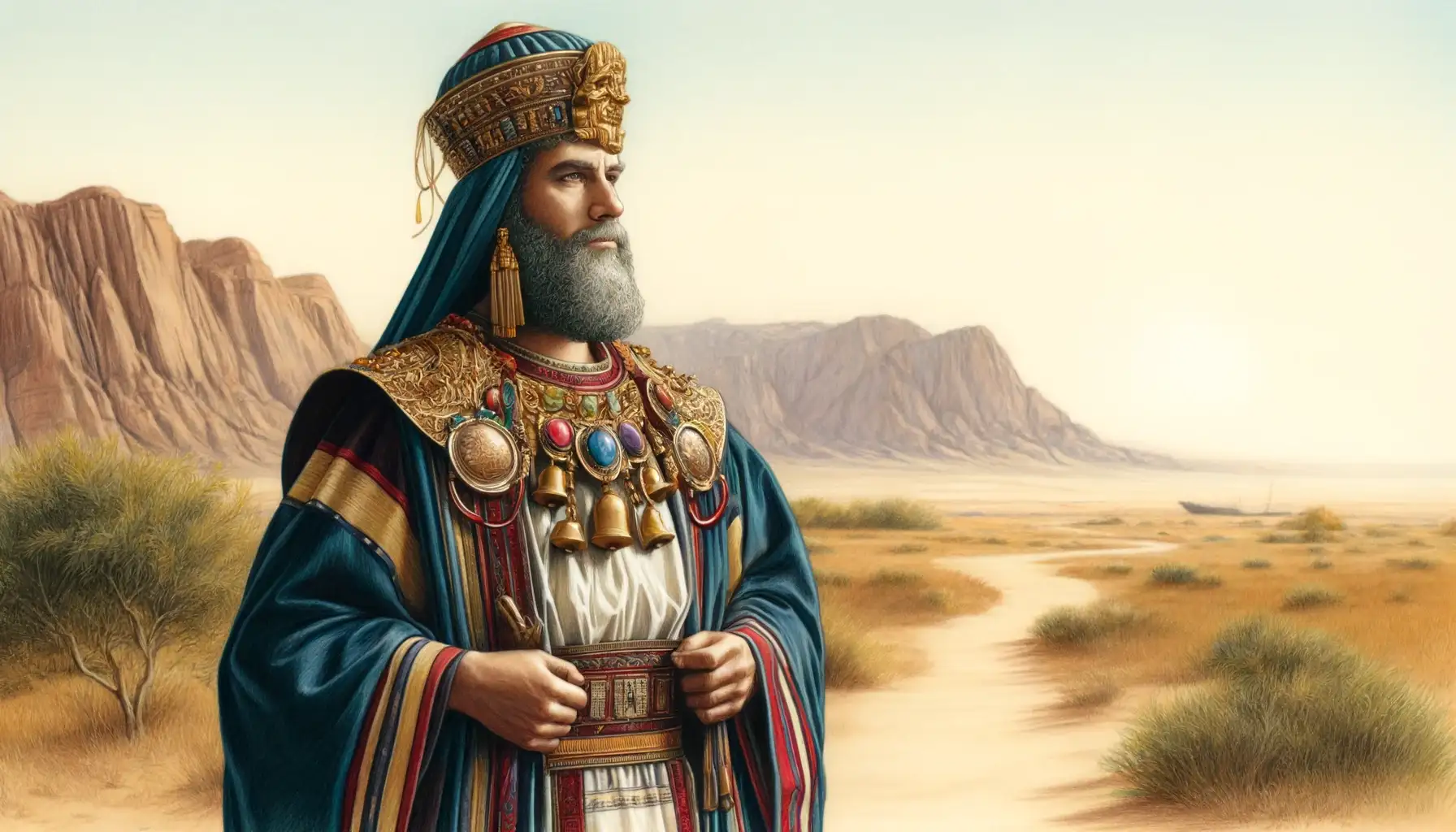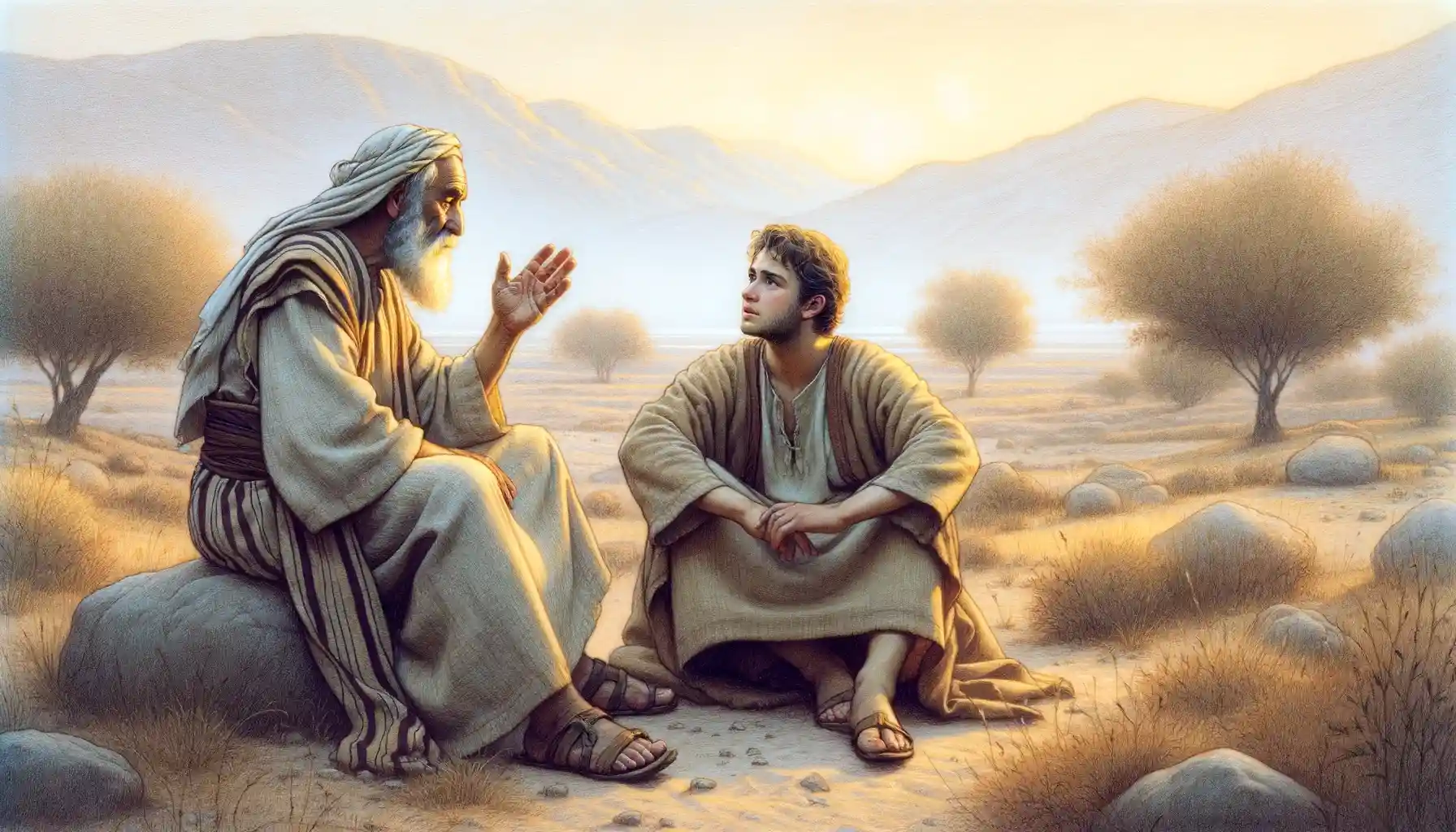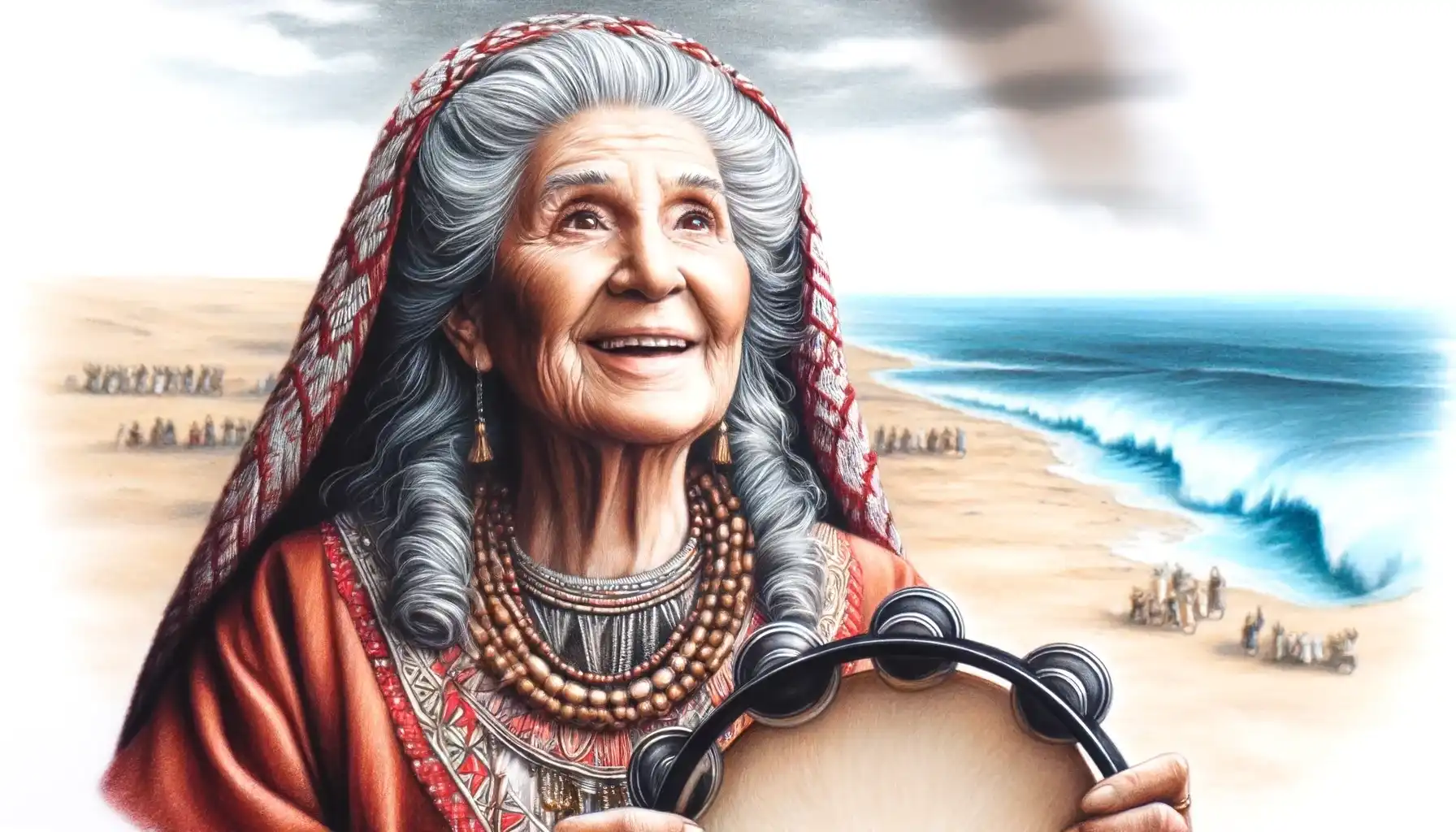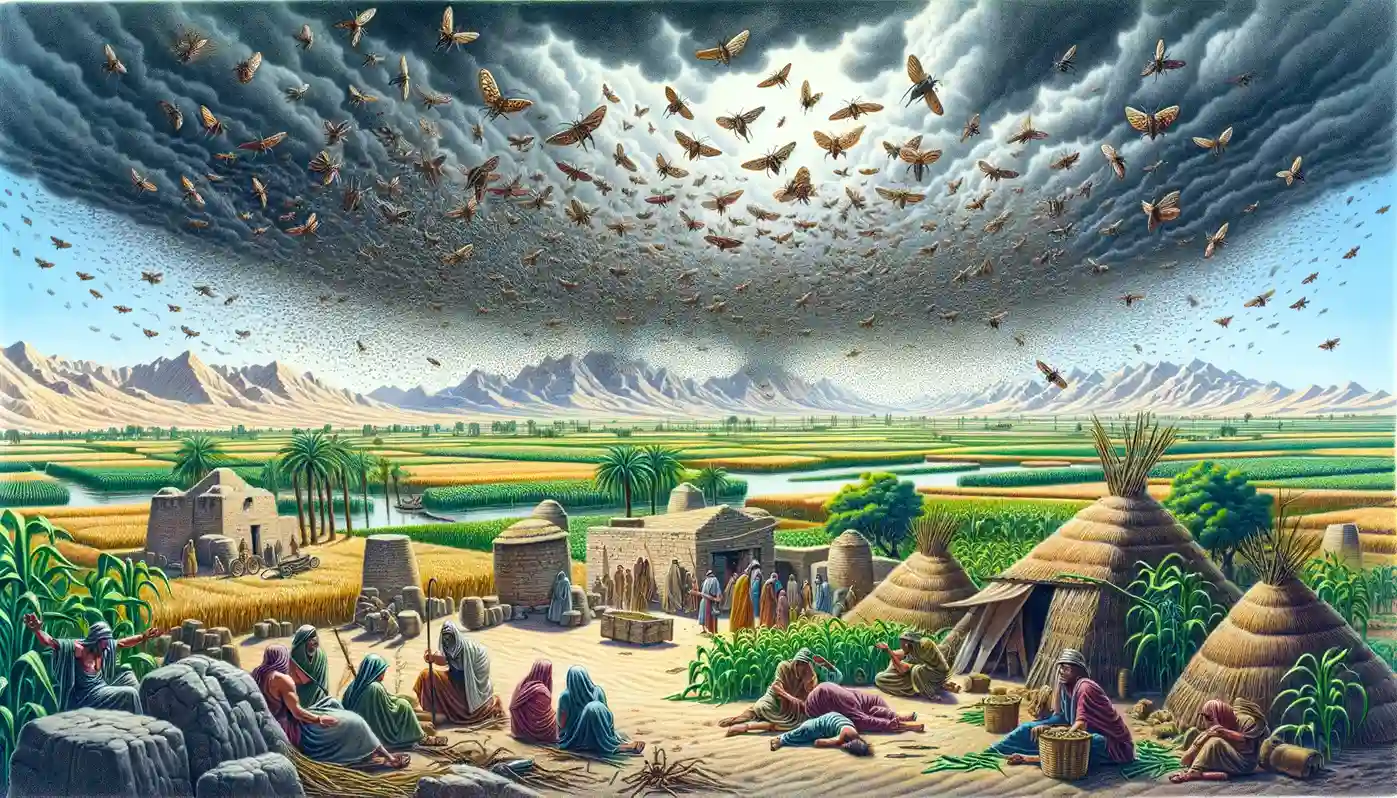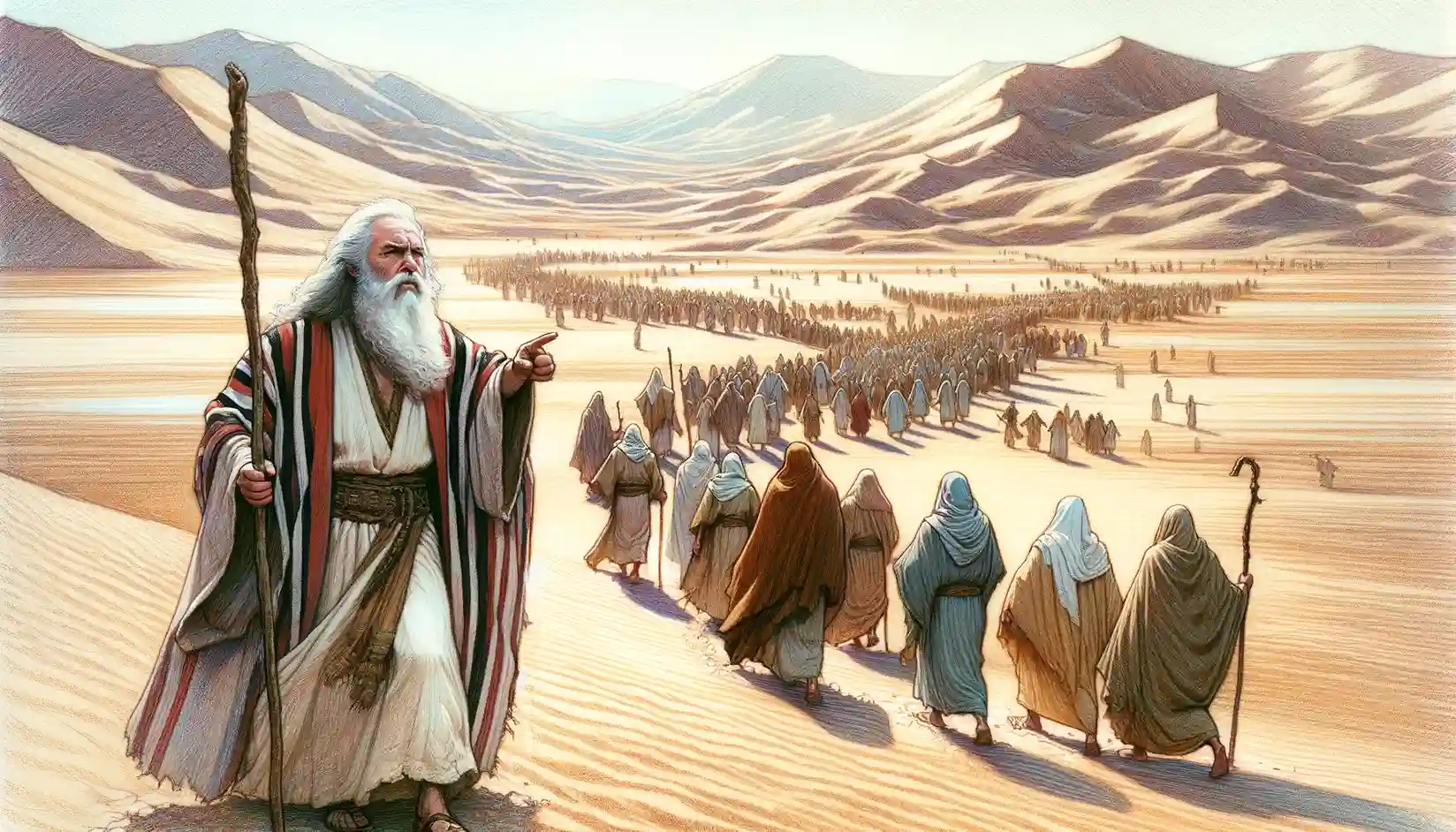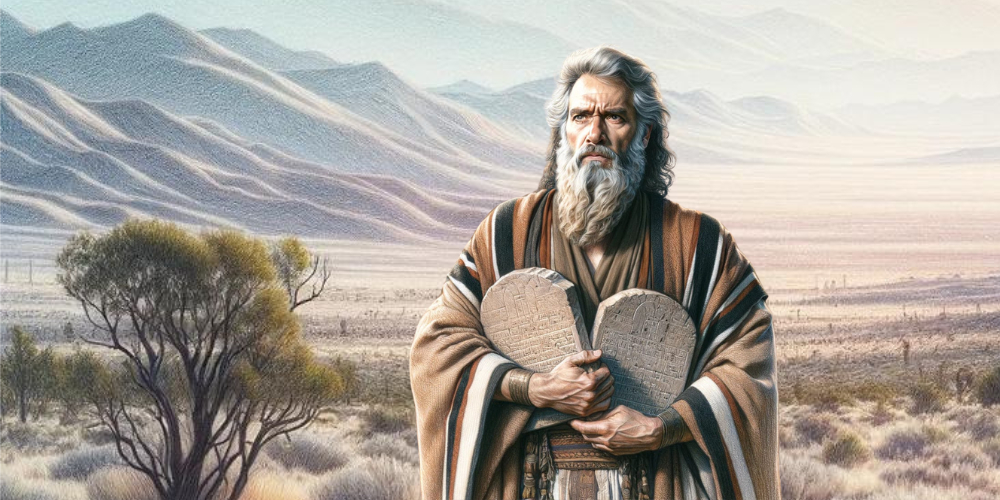Zipporah, the Midianite wife of Moses and daughter of Jethro, played a significant role in Moses’ life, particularly noted for her quick action in circumcising their son to save Moses from God’s wrath, and later reuniting with him during the Exodus.
The Giving of the Law at Mount Sinai is a central event in the Biblical narrative of Exodus, representing a foundational moment in the covenant relationship between God and the Israelites. This event occurs in Exodus chapters 19 and 20, …
In Exodus 12:31-42, the narrative details the momentous night of the Israelites’ departure from Egypt, marking their liberation from slavery after 430 years, as Pharaoh, compelled by the devastating plagues, urgently commands Moses and Aaron to lead their people out. This passage highlights the beginning of the Exodus, the institution of the Feast of Unleavened Bread, and the fulfillment of God’s promises, capturing a pivotal turning point where the Israelites leave with the riches of the Egyptians, signifying their transition from slavery to freedom under divine guidance.
Aaron’s life and ministry were foundational in shaping the liturgical and communal identity of Israel. His legacy is marked by both his leadership in worship and the complexities of his human vulnerabilities.
Jethro, Moses’ father-in-law and the priest of Midian, is celebrated in the biblical narrative for his crucial advice on leadership and governance, helping to establish a practical and sustainable judicial system for the Israelites during their journey in the wilderness.
Miriam’s life and actions encapsulate the trials and triumphs faced by the Israelites during their formative years; as a prophetess and leader, her story contributes significantly to our understanding of the complexities of biblical leadership, the role of women in ancient Israel, and the enduring power of faith and prophecy, inviting reflection on the balance between authority and humility, and the importance of both challenging and supporting communal leadership.
The Ten Plagues of Egypt, as described in the Book of Exodus, systematically demonstrate the supremacy of Yahweh over Egyptian deities, culminating in the liberation of the Israelites from slavery.
The Book of Exodus chronicles the deliverance of the Israelites from slavery in Egypt, their covenant relationship with God at Mount Sinai, and their journey towards the Promised Land, emphasizing God’s faithfulness and the formation of a holy nation under His laws.
Moses, an Israelite leader and Hebrew prophet, is renowned for his role in the Exodus, receiving the Ten Commandments, leading the Israelites through the wilderness, and his encounters with God, including the burning bush and parting the Red Sea, culminating in his view of the Promised Land from Mount Nebo.

